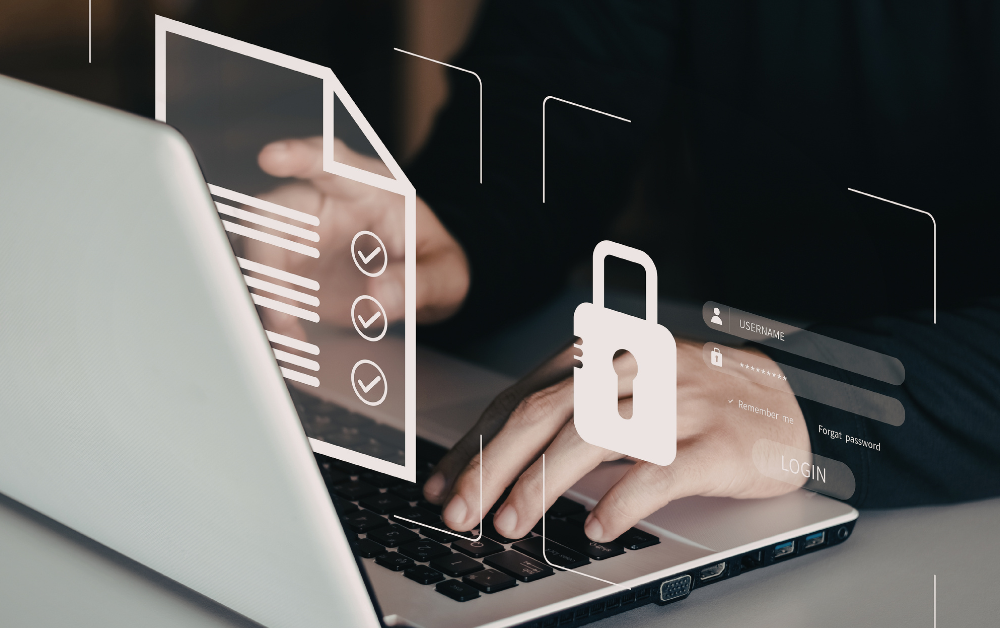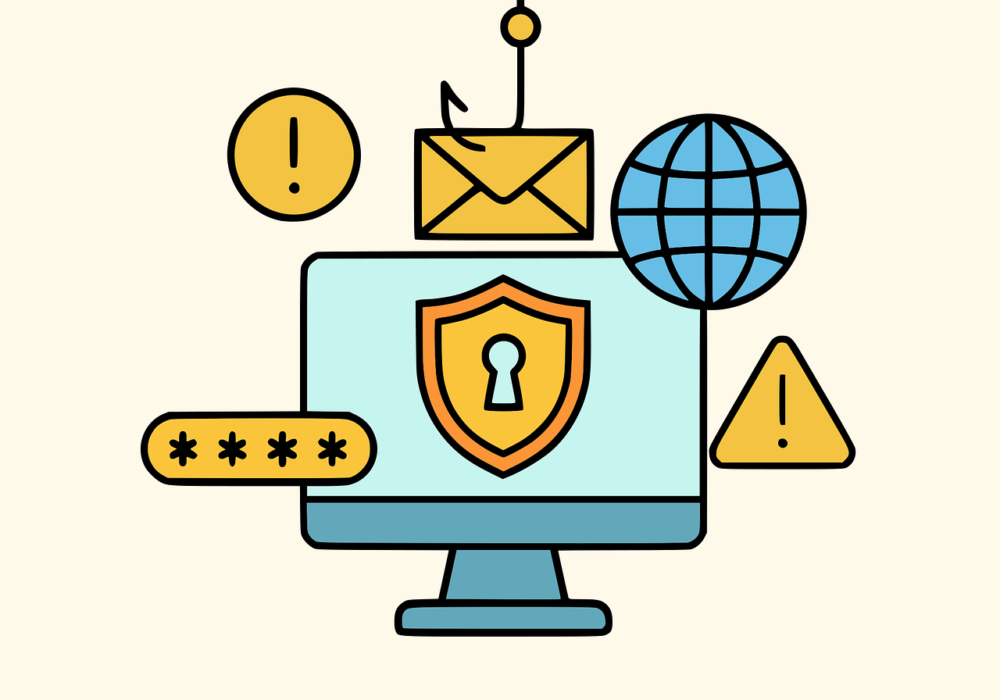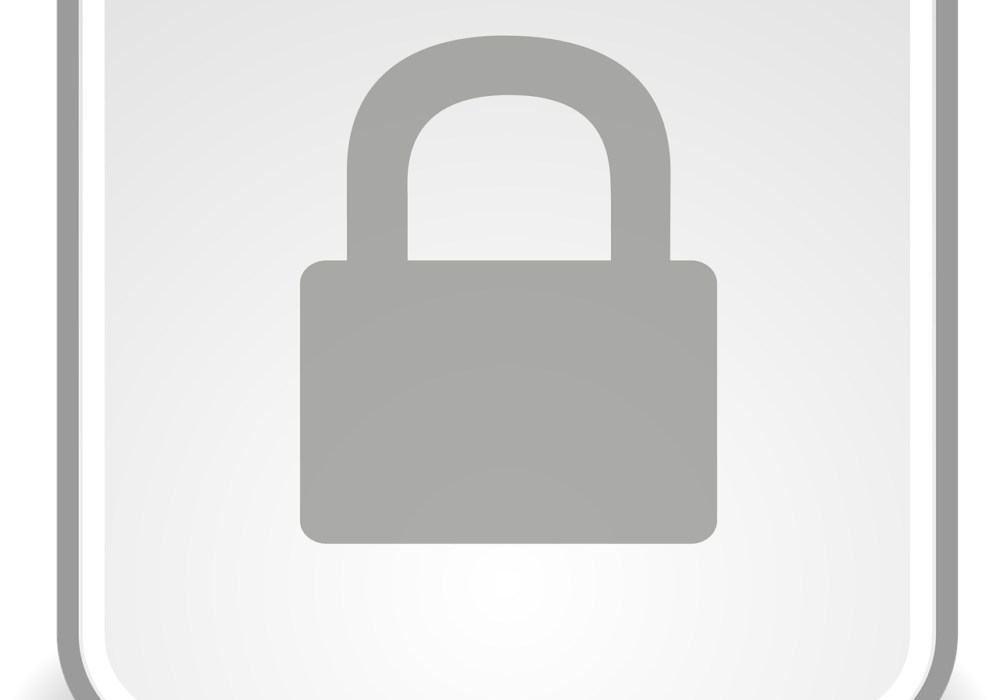If you’ve read stories about online cybercrime, phishing, scams, and awful internet criminal networks, you’ve probably come across the term Dark Web. The Dark Web is the uncontrolled portion of the internet. It’s not that simple to identify the deeper parts of the Deep Web that you should probably avoid and so can become incredibly dangerous to those who enter without the proper knowledge.
The Surface, Deep and Dark Web
Before you can grasp the Dark Web, you must first understand the Deep Web. As we all know, the internet is a vast network of devices globally that are linked to it. However, we typically only have access to, and use a small portion of it known as the surface web. The majority of our browsers are used to view publicly available domains and online pages that are accessible to search engines such as Google and only represent at most 10% of the total Deep Web.
The Deep Web, which requires special access right, private domains or is just not accessible via search engine results, is relatively safe. About 500 times larger (and growing) than the Surface Web, the Deep Web includes a variety of content such as paywall-protected pages, social media apps, online banking sites, email, intranets, databases, private forums, and so on.
The Dark Web accounts for less than 0.01% of the Deep Web. It is a small section of the Deep Web where websites are notorious for their nefarious activity and complete anonymity. Dark Web sites employ encryption techniques to ensure that all users stay anonymous. This permits anyone to access these sites without worry of being tracked by government enforcement agencies all around the world.
Online black markets thrive on the Dark Web, and it takes quite a lot of effort to track and shut down these illegal activities, as users are able to hide their identity, their location and any financial transactions to carry out illegal activities.
How did the Dark Web come to exist?
There is no clear consensus on how the Dark Web came to be, but it is widely assumed to have begun in the early 2000s, at which point, University of Edinburgh student, Ian Clarke, produced a thesis project called Freenet, which provided the seed idea for forming a dispersed network to share files and information anonymously over the internet.
This concept quickly caught the attention of many more tech enthusiasts, resulting in the creation of the Tor project. Tor is a customised browser that was released in 2008 that allows users to browse the internet anonymously.
Uses of the Dark Web
Using the Dark Web in itself is not illegal as you are just trying to access a deeper part of the web anonymously. And it is often thus used by rebels and civilians who may want to communicate to avoid any tracking by their governments.
But like with any useful tool, people can easily find ways to abuse it. As a result, illegal uses of the Dark Web, such as gun smuggling, illegal money transactions, human trafficking, and others, have gained in popularity.
The Dark Web is also the source of many security challenges and hazards that people and businesses confront from day to day.
Why should you stay out of the Dark Web
The Dark Web’s anonymity allows a hacker to effortlessly gain access to an unsuspecting user’s account. It makes tracking down and dealing with the cyber-attack they conduct extremely tough. Many allegations of identity thefts and private information being used for extortion, espionage, and other purposes have been leaked on the Dark Web.
Stolen passwords and data could be sold on the Dark Web and used for a variety of illicit purposes. While the Dark Web offers useful sites that may sound interesting to investigate, the risk of revealing your private information or putting your equipment at risk of cyber assaults may not be worth it.
In our following article we’ll take a look at some key precautions you should take to keep your credentials and sensitive information safe on the internet.
Security from your tools
By ensuring that you and your staff are continually linked to one other and your clients, BCNS make business easier and more cost-effective. We can also ensure that your staff is using the most recent version of each application to ensure that your systems are secure and that you are getting the most out of your technology. Contact us now and find out how we can help you with your business security challenges and move into a more productive future.




